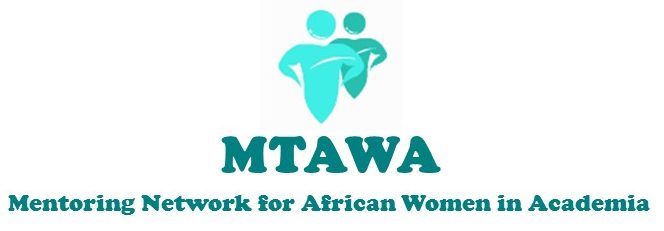By Caroline Marete
Graduate school is generally expensive. More so if you choose to study in the U.S. or Europe. An important step before starting graduate school is figuring out how to fund your graduate education. Fortunately, there are opportunities. Through personal experience I learned that the process of applying for funding is not a check list that one can follow step by step and expect an outcome at the end. On the contrary, the process of searching for funding is highly dependent on one’s ability to take personal initiative and be persistent in the search. Starting the search early and finding a mentor to guide me through the process are two ways I found helpful throughout the process. I was fortunate to find a mentor who saw my potential and was willing to invest time in nurturing my career growth. My mentor was a constant source of encouragement and reviewed my applications with me to make sure I did not leave out important documents or miss important deadlines. I started my search for master’s programs abroad after my undergraduate. Like most new graduates I was very ambitious but unprepared for the rigorous process of applying for masters’ programs abroad. Starting the process of application early allowed me ample time to review my applications and make sure the process did not wear me out. I was accepted into several graduate programs but none of these schools offered me full funding. So, I took a corporate job while I searched relentlessly for funding. Working in a corporate environment helped me establish a professional network and develop soft skills that are unlikely to be taught in a classroom. It also strengthened my CV, making me more competitive for funding.
Some funding opportunities are only advertised within networks. During my search, a friend mentioned to me a scholarship program I had never heard of before. I immediately went online and searched for the scholarship program, but in vain. In the end I decided to send an email to the organization that offered the scholarship. As with many funding organizations, they were receiving many unsolicited emails. I learned very fast that a follow up call or email can be the difference between successful and unsuccessful applicants. When I did not hear back after two months, I sent a follow up email and found an office telephone line that I called. The next time the call for applications was announced, I received an email asking me to apply. I got the scholarship. Had I not done those seemingly tedious follow ups, I might have missed that great opportunity. However, I caution against being aggressive; there is a thin line between being assertive in your search and being a nuisance. I found that following up with emails or a call every month is a good balance, unless your contact asks you to follow up sooner.
Having my admission letter in hand helped me distinguish myself from many other applicants for funding opportunities. I had already spent time and resources on standardized tests and submitted applications to several schools. This kind of effort shows self-drive and determination and can be what differentiates a candidate in the application process. I attribute a significant part of my success with funding to mentorship and a strong professional network. As a young professional, I knew I had a lot to learn. I volunteered to help in corporate events at work which allowed me to meet and interact with professionals at all levels in a more relaxed out of office environment. Some of the professionals I met had studied abroad and had experienced the same challenges I was going through with my applications. Most people were happy to share their experiences and allowed me to use them as my references. Through my professional network, I met people who had won prestigious scholarships such as the Fulbright Scholarship, Rhodes Scholarship, and Hubert H. Humphrey Fellowship. Within my network, I identified a handful of people who I felt had followed a professional path similar to the one I was forging for myself. I kept constant communication with this group and occasionally asked for guidance whenever I needed professional advice. To date, I stay in contact with this group and will often reach out to them for professional advice.
Key takeaways for me during this process of finding funds to support my graduate studies are:
- Start very early (in the third or fourth year of your undergraduate);
- Find a mentor and be willing to go the extra mile;
- Build a professional network and join a professional body; and, most important
- Practice patience and resilience. Rejections happen—even when you thought that was your best shot. Keep an open mind and allow yourself to fail, but do not be afraid to keep trying.
Caroline K. Marete is a Doctoral student at the Purdue University School of Aviation and Transportation Technology. She is a recipient of Purdue Graduate School Ross Fellowship and the Fulbright Foreign Student Scholarship Award.

Val la pena llegir-lo el vostre article. Devina Rayner Harewood
LikeLike
You do have a fabulous blog thanks. Fina Kerwinn Thorman
LikeLike